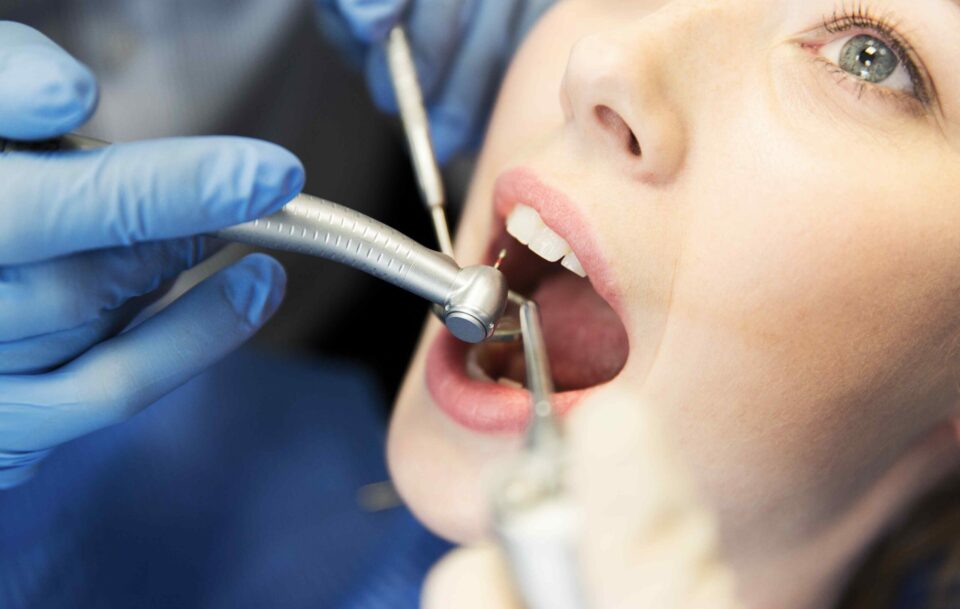RCT is short for root canal therapy (or treatment). It is an endodontic procedure that’s extremely effective for treating a tooth that has deep decay or infection. Root canal therapy is an extremely common treatment and doesn’t involve any pain. Before you visit a dentist in Union City, GA, to discuss RCT, read critical information about the procedure below.
“Do I really need RCT?”
When bacteria eat through your tooth enamel, you will have a cavity. Cavities can be treated using fillings, inlays, and onlays. However, if the infection is deep inside the tooth and has infected the pulp, fillings cannot resolve the symptoms. If you have a deep cavity or there is an infection, you may experience symptoms like pain, tender, and inflamed gums, abscesses on the gums, and extreme sensitivity to hot and cold beverages. Your dentist will check for the signs of decay and order an X-ray to determine whether you need root canal therapy. If you don’t agree to the treatment, you will eventually need to go for an extraction of the infected tooth.
Steps in RCT
- During the initial consultation, your dentist will rely on digital imaging and X-rays for a diagnosis. Before they start the treatment, they may prescribe antibiotics, and once you complete the course of medications, you have to return for the first appointment.
- The next visit will involve the administration of a local anesthetic agent, which will help numb the decayed tooth and surrounding gums. The dentist will place a rubber dam to keep the site free of saliva. Next, using special tools, they will drill an access opening. In the following step, the dentist will use special dental files to remove the pulp, blood vessels, decay, and bacteria. If there is a need to pause the procedure for better healing, the dentist will place a temporary filling.
- During the next appointment, the dentist will clean and disinfect the pulp chamber and fill it with materials to avoid further infections. They will place a permanent filling on the tooth and buff it to make room for the crown.
- You must wait up to four weeks to get a crown that is custom-made in a dental lab. The dentist will check the tooth for any signs of further infection, and when everything is okay, they will fix the crown. The crown helps in restoring the shape and strength of the treated tooth.
Root canal therapy doesn’t hurt. If you have pain, your dentist can suggest medications to help manage the symptoms.

